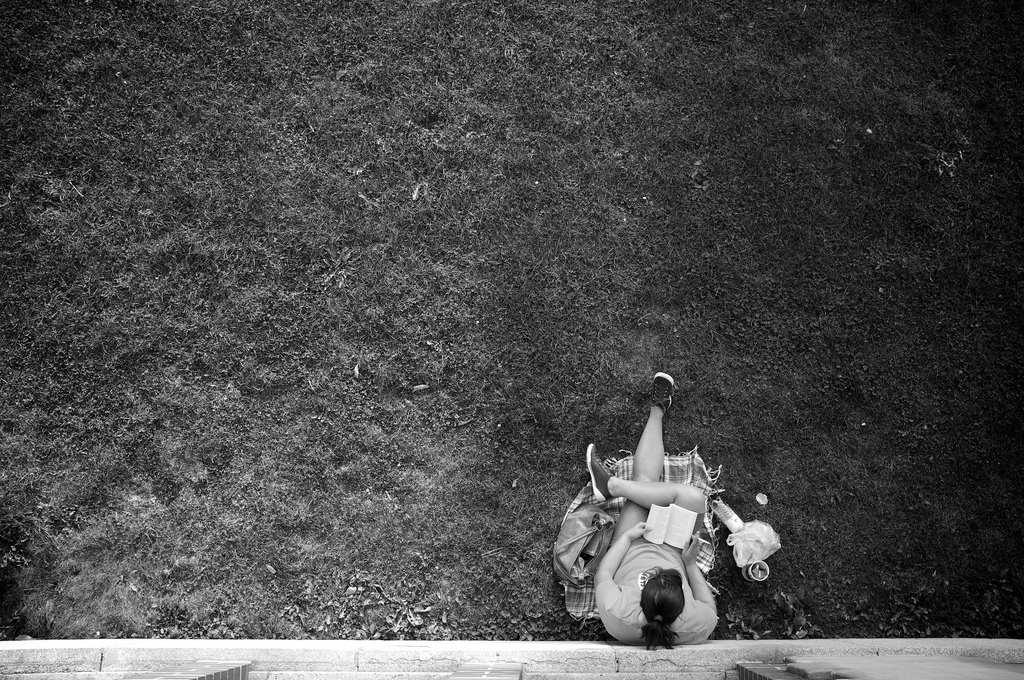We’re reading a mix of society, culture, and politics this week — here’s a selection of what particularly tickles our fancy. Please add your suggestions to the comments!
‘In Search of Mud to Save San Francisco Bay‘ (Scientific American)
Throughout the Bay Area, conservationists are working to protect and reclaim wetlands once destroyed for industry or convenience. It’s an uphill battle, but one that’s critically necessary. Some of the challenges are surprising and unexpected, like this one: Where do you source the mud needed to help a wetland reestablish itself?
Biodiversity is not the only thing at stake. The sea level in the region is projected to exponentially rise up to 1.4 meters by 2100. That puts at risk housing communities built on reclaimed land, police and fire stations, schools, hospitals, two international airports, Google, Yahoo, LinkedIn and Facebook. A 100-year flood event – the kind that is said to have a one in 100 chance of occurring any year – will affect 270,000 people and cost over US$60 billion in repairs, according to a 2012 Pacific Institute paper. Last month, a group of researchers at the University of Georgia and Stetson University published a letter in Nature warning that millions of people across the United States will be affected by sea level rise by 2100. One of the worst affected counties in the country is San Mateo, which hugs the San Francisco Bay. Storms come and go, but a sea level rise is a new normal, increasing the vulnerability of the shoreline to flooding.
‘A pious hijacking at the Supreme Court‘ (The Economist)
The battle over the birth control clause in the Affordable Care Act has returned to the Supreme Court, which heard yet another case about it even with only eight justices on the bench and the potential for a 4-4 split. Some extremely accomplished orators make their way before the bench to argue their cases, but The Economist wonders if referring to the clause as a ‘hijacking’ is entirely fair.
Think for a moment about what it means to ‘hijack’ something. The first example that comes to mind is not an insurance plan but a plane that nefarious passengers commandeer for sinister purposes. A ‘carjacking’, similarly, involves jumping into someone else’s vehicle and stealing it. Any form of hijacking is marked by violently wresting property from its legitimate owner. And here is where Mr Clement’s metaphor breaks down. When the government arranges for contraceptive coverage with the insurance company used by the religious charity, it is not commandeering anybody’s property. Nor is it taking metaphorical control of the group’s health insurance plan.
‘The secret life of a tattooist: my art has become part of narcissistic, selfie-obsessed modern culture‘ (The Guardian)
Has tattooing truly gone commercial, rather than being an act of defiance and a commentary on society? A generation ago, sailors and prisoners made up the bulk of tattooed people, presenting a very different image than the modern era, in which tattoos adorn movie stars, physicians, and bankers alike — and social obstacles for tattooed people are on the decline.
The biggest change, and for me the worst, that I have seen in tattooing has been its acceptance by mainstream society. Tattooing has lost its outsider status. Tattooed people are no longer seen as mad, bad and dangerous to know. A new tattoo means little more than a few likes on Instagram. It has all the danger of a Sex Pistols T-shirt hanging in a Topshop window. Like that other stalwart of rebellion, rock and roll, body art has been commodified to the point of irrelevance.
‘A Flower-Farming Renaissance: America’s Slow Flower Movement‘ (Modern Farmer)
A majority of cut flowers in the United States are imported, primarily from Latin America, where they are grown in greenhouses with suboptimal working conditions, including exposure to pesticides, herbicides, and other agricultural chemicals. As some farmers fight to localise produce, others are working on the flowers that adorn US tables.
Indeed, the number of farms with sales from cut flowers in the country increased almost 20 percent between 2007 and 2012, according to the USDA. Culver credits the increased awareness to media coverage about the parallels between the local food and flower movements and to a handful of popular local flower–themed Instagram and Pinterest accounts. In just the last 12 months, she says, requests for flowers grown at The Youth Farm have tripled.
‘You Can’t Go Home Again: North Carolina’s HB 2 Criminalizes Trans Life‘ (Rewire News)
North Carolina’s sweeping fast-track law to ban anti-discrimination ordinances on the local level throughout the state is having a profound impact on the trans community, Mina Carpenter writes. However, it also has broader and also terrifying implications, as ordinances ranging from minimum wage requirements to employment protection for LGBQ people are also in question now.
On Wednesday, I became illegal in my home state. I can’t go home to see my mother or my sister or my uncle or my friends from high school. I can’t go back to my favorite restaurant. Because the systematic eradication of transgender people from North Carolina is now the law of the land.
Photo: Thomas Leuthard/Creative Commons

